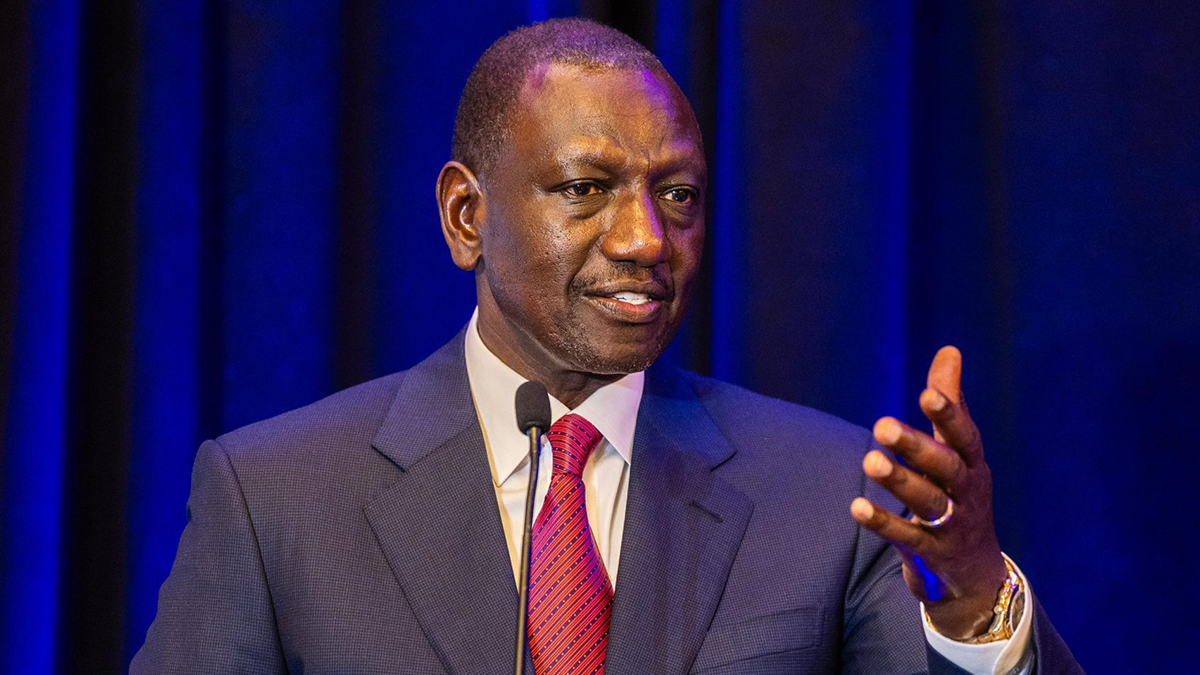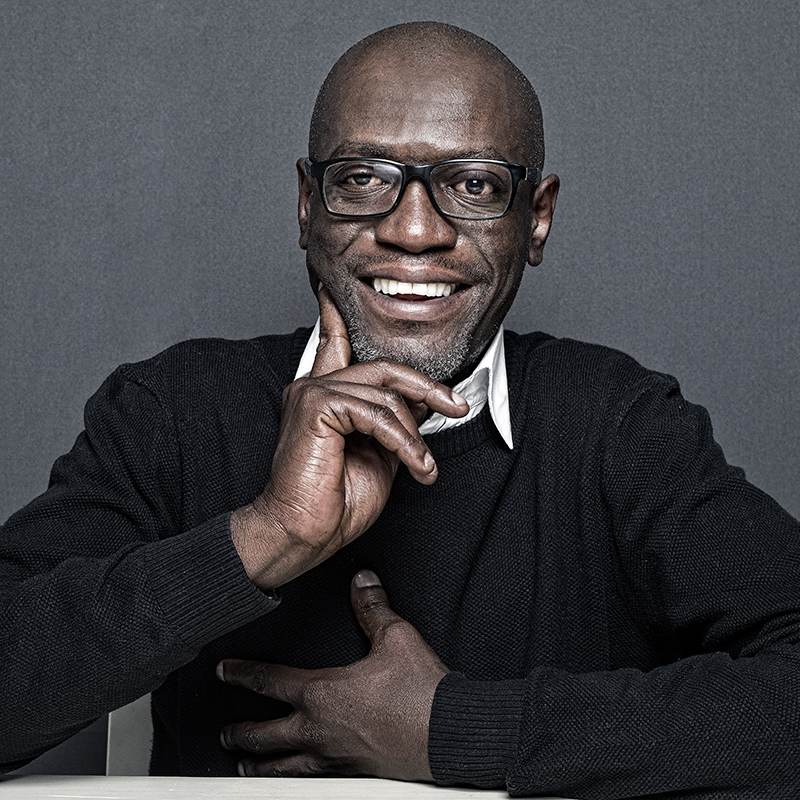Kenya's Ruto believes Starlink increases market competition

Kenya’s President, William Ruto, has defended Starlink's presence in the East African country, claiming that it is forcing competitors, such as Safaricom, to improve their service quality standards.
Ruto made the statements while speaking at the US-Kenya Business and Investment Roundtable in New York, held on the sidelines of the United Nations General Assembly.
Ruto's comments follow recent demands by Safaricom, Kenya's largest telco, which raised concerns and urged the regulator, the Communications Authority of Kenya, to exercise caution when giving independent licences to satellite internet service providers.
In a letter, Safaricom asked the regulator to consider mandating satellite internet providers, such as Starlink, to collaborate with local mobile network operators.
"Satellite coverage inherently extends to multiple territorial borders and, in doing so, has the potential to illegally provide services and cause harmful interference within the territorial borders of the Republic of Kenya," Safaricom said in the letter.
This follows the satellite internet provider rolling out competitive pricing options and plans that included the option for Kenyans to rent the required hardware, without the need to purchase it outright.
Commenting on the matter at the weekend, Ruto said: "I have my CEO for Safaricom; sometimes he's not very happy with me for bringing other characters like Elon Musk and others into the space. I keep encouraging Peter (Ndengwa, CEO, Safaricom) that competition makes you keep ahead and he's been doing pretty well, I must admit, he's really upped his game.”
There was no immediate response from Safaricom or Ndengwa.
In his speech, Ruto said his government is modernising Kenya's laws and policies to accommodate the needs of international investors.
The president outlined the reforms his administration is implementing to assist investors, including harmonising the country’s laws with international standards. In addition, he explained that this has enabled for 100% ownership of ICT companies without the need to involve local partners, as was previously required.
Corporate tax regulations have been aligned with global standards, he added.
“We are also working to make Kenya’s Export Processing Zones and Special Economic Zones the most competitive in Africa,” he added.
Additionally, he said, the government is expanding ICT infrastructure to bridge the digital gap, unlock opportunities in the digital economy and drive innovation.
“Nairobi, home to the globally recognised Silicon Savannah, is the centrepiece of our strategy to make Kenya a leading tech hub, with Konza City as Africa’s top destination for investment and innovation,” he said.
